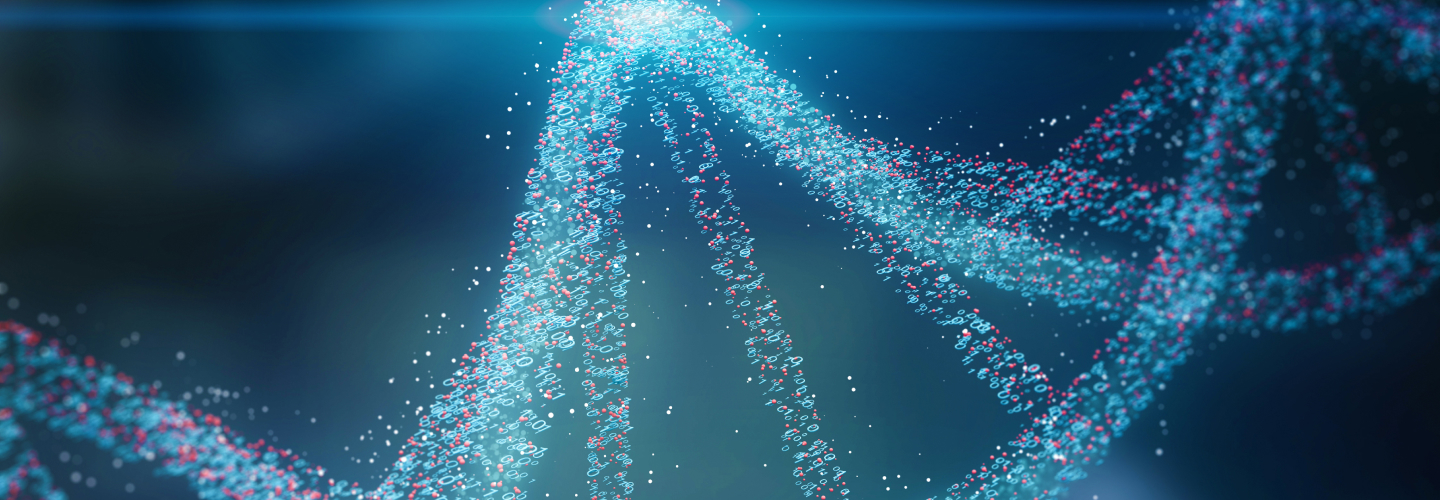A study by scientists at a marine research laboratory indicates that plastic pollution in the Gulf of Maine likely is creating problems for the lobster population.
Researchers at Bigelow Laboratory for Ocean Sciences in Boothbay examined how microplastics — pieces of plastic broken down into tiny particles — affect lobster larvae in the gulf. They found that lobster larvae, which float in the water column and typically are found in shallow water, get fibers caught under their shells and sometimes ingest particles.
The issue of pollution in the Gulf of Maine, where millions of pounds of lobster fishing gear is deployed each year, has environmental and economic implications for Maine. The commercial statewide lobster harvest in 2019 alone accounted for more than $485 million in fishing revenue in the state, nearly three-quarters of all of Maine’s fisheries landings value that year. Read more

